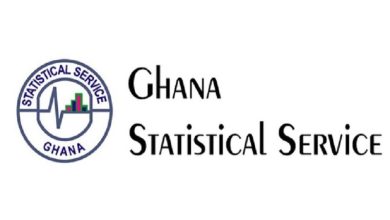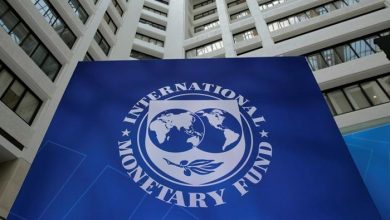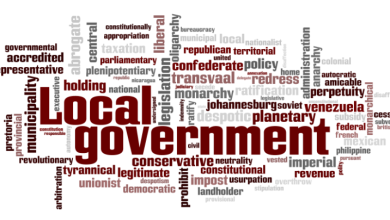Experts call for ongoing reforms to strengthen economic progress under Mahama’s leadership

Economic, trade, and agribusiness analysts are calling for deliberate policy reforms and targeted investments to sustain the early gains achieved in the first 120 days of the Mahama administration.
They point to the removal of certain taxes, consistent easing of inflation, and a stronger cedi as bold measures that have boosted business confidence and improved the overall investment climate.
For them, these positive indicators reflect a deliberate fiscal and monetary strategy aimed at restoring stability after years of economic turbulence.
Speaking during a panel discussion on Channel One TV, hosted by Bernard Avle, Associate Professor Agyapomaa Gyekye-Dako of the University of Ghana Business School highlighted the administration’s efforts to streamline revenue sources and control public expenditure.
She praised the improvements in inflation and foreign exchange rates but cautioned against complacency, raising concerns over the recent decline in treasury bill rates.
“To send a signal that he’s committed to fiscal reforms is important for boosting confidence in the economy, which would impact many more macroeconomic variables,” she explained.
“However, the sharp drop in treasury bill rates suggests the government is reducing domestic borrowing. While this is positive, I believe the process should have been more gradual.”
Professor Gyekye-Dako also noted that with Ghana effectively locked out of the international capital markets, reliance on domestic borrowing strategies must be carefully managed to avoid unintended consequences.
Managing Partner at Konfidants, Michael Kottoh, emphasized that the administration’s adherence to its policy commitments has significantly improved business sentiment.
“If you assess the macroeconomic trajectory over the past 120 days, business leaders will tell you that there has been a notable restoration of confidence — and that’s a critical starting point,” he said.
Meanwhile, agricultural research scientist Professor Roger Kanton urged the government to broaden its investment in the agriculture sector beyond cocoa, which he noted has traditionally received disproportionate attention.
He also stressed the importance of developing a more effective agricultural mechanization system.
“We are constantly told to prioritize agriculture, but in practice, many crops that are critical for food security barely get attention. Cocoa, which doesn’t even rank among the top 15 food crops by importance to the average Ghanaian, gets special treatment. Who eats cocoa overnight?” he queried.
As the Mahama administration marks its first 120 days, analysts agree that while encouraging steps have been taken, sustained and strategic reforms will be crucial to achieving long-term economic resilience.










